Working in South Asia over the past two decades I have learnt to expect emails asking for help. Often from people I have met perhaps just once or twice or who are my friends on Facebook or LinkedIn. I tried to help if I can, but often I can’t. My friends and colleagues in Nepal, Pakistan, Bangladesh and India have a slightly different idea of how UK officialdom works. Perhaps they have a better and more realistic idea than I have, but that’s a different blog one day.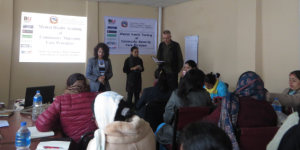
This week I wrote a reference for an employee of Green Tara Nepal, a charity we have been collaborating with for decades. This is someone I have had general dealing with, not someone who work on one of our projects. I have had interesting research discussions with her in Kathmandu, so I was happy to write her a reference. This morning I received a request via Facebook from someone from Nepal whom I have been advising on a number of job applications in Australia and the UK. On my advice, he had recently applied to a post at a university in London. Yesterday I asked me what to do as he had not heard from them. I advised him to email HR at that university and ask for an update. This morning his question was: “Can you ask them on my behalf, Sir”. I kindly replied: “Sorry, not my university”, not going into confidentiality issues, the data protection act, etc.
What I find fascinating as a sociologist is the ‘traditional society’ thinking behind these questions, which must be something along the lines of: “Edwin is in a senior position, he must be powerful, hence, he has influence in high places. I know him so he can help me achieve my goals.” The interesting other side of the coin is, of course, that if I do something, speak to someone on their behalf, write a reference or recommendation, etc. and the person is successful this success is (partly) attributed to me. And when I say that that’s not the way decision-making works in the UK, it is likely to be regarded as false modesty.
Prof. Edwin van Teijlingen
Centre for Midwifery, Maternal & Perinatal Health (CMMPH)

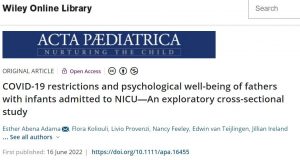
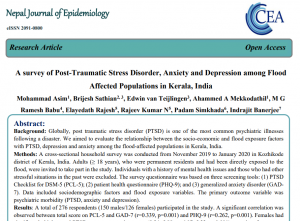


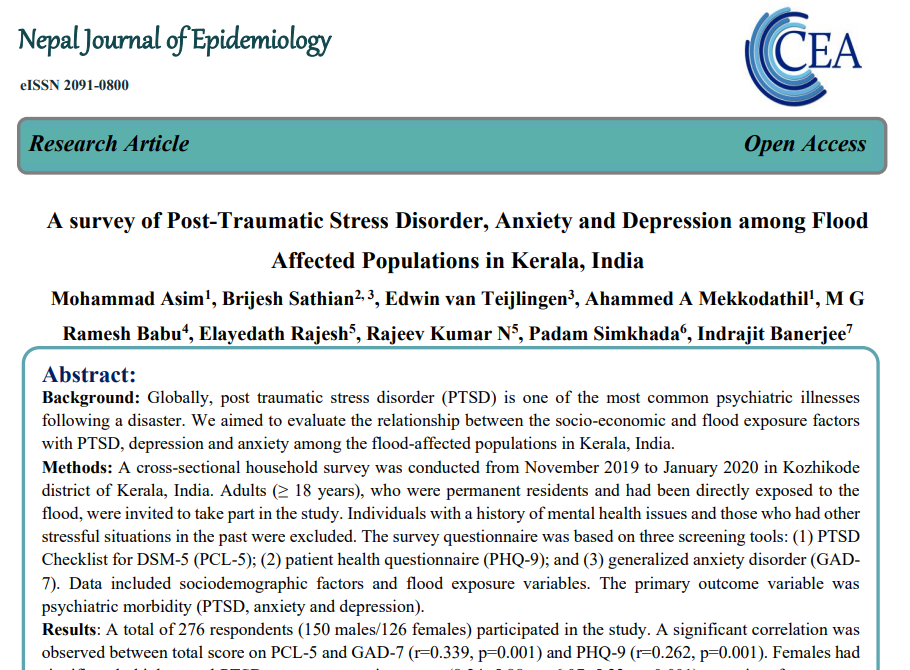


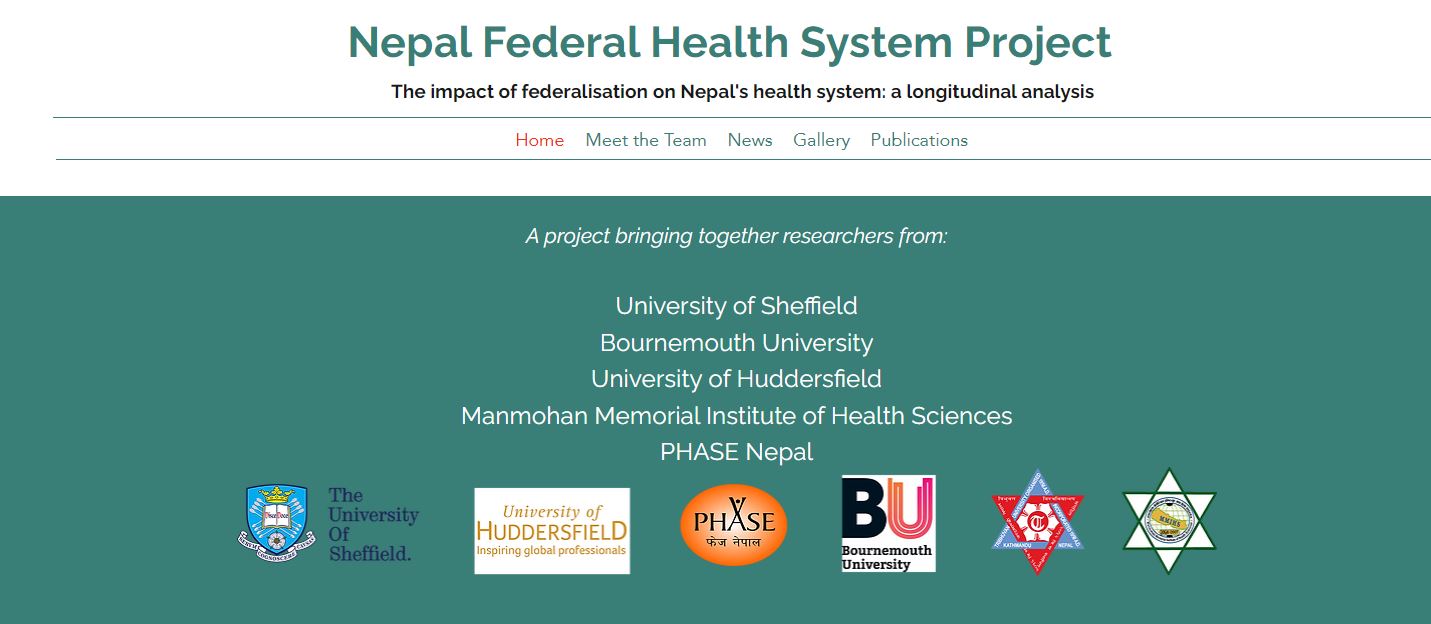




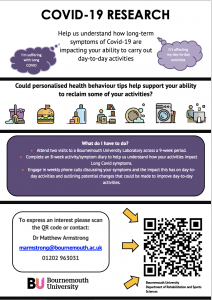


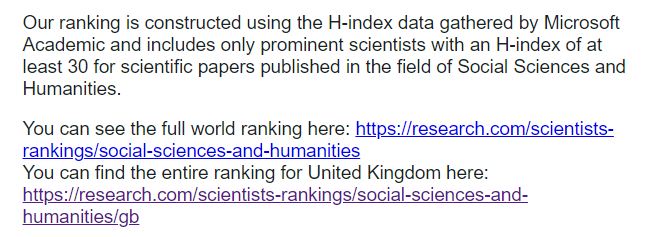


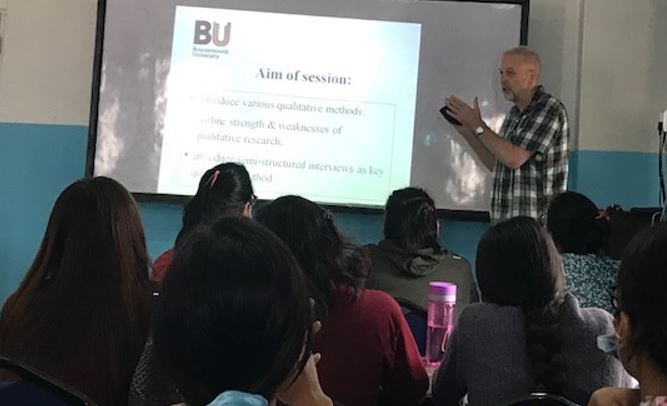
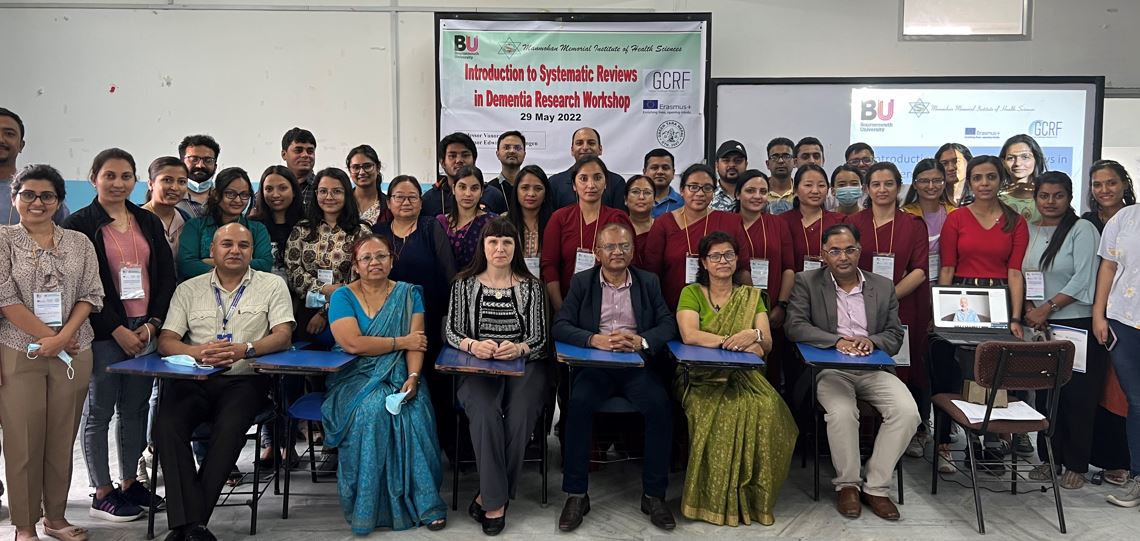
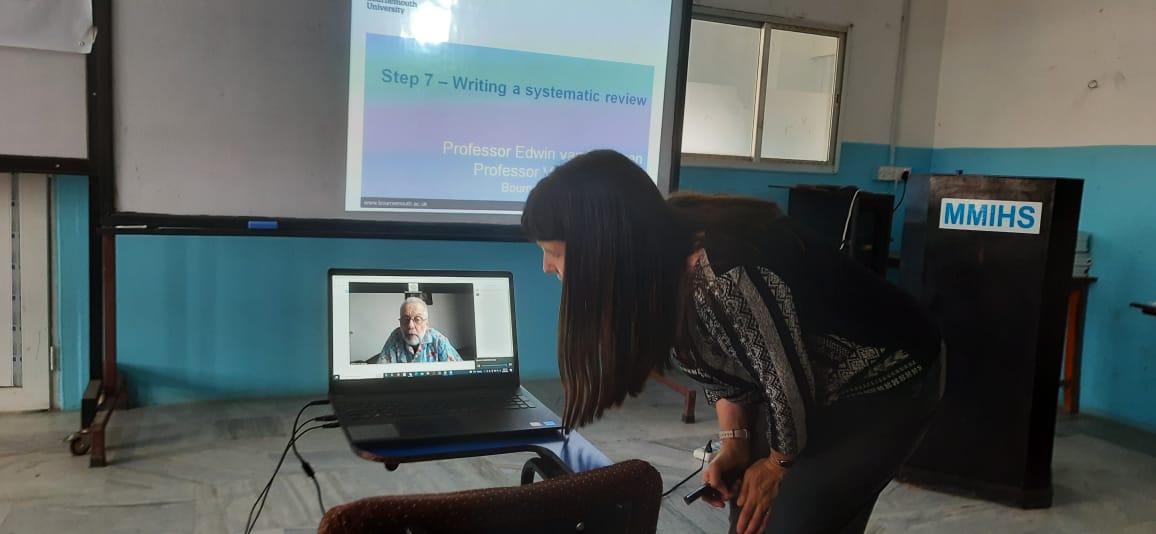
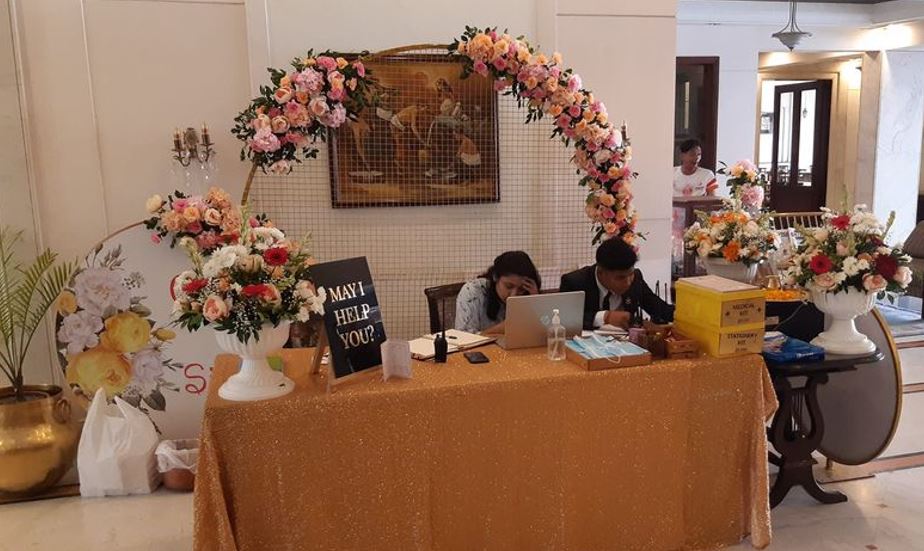
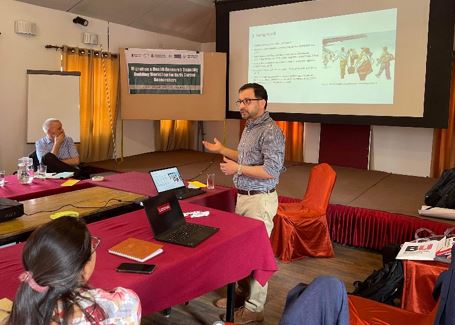
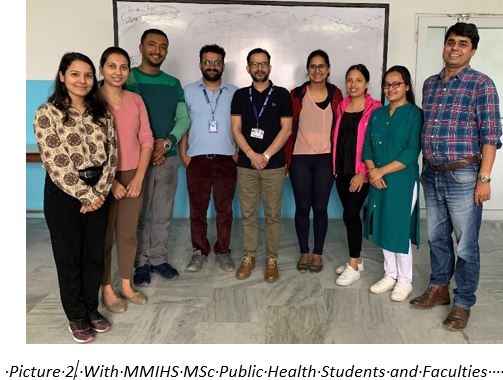











 TANGERINE project has lift off with BPC Indian Community!
TANGERINE project has lift off with BPC Indian Community! Postgraduate Research Experience Survey (PRES) 2024 – Closing today
Postgraduate Research Experience Survey (PRES) 2024 – Closing today THE INNOVATION COMMON ROOM: Going Old School
THE INNOVATION COMMON ROOM: Going Old School Apply for up to £1,000 to deliver an event and take part in a national festival of public engagement with research
Apply for up to £1,000 to deliver an event and take part in a national festival of public engagement with research MSCA Postdoctoral Fellowships 2024
MSCA Postdoctoral Fellowships 2024 Horizon Europe News – December 2023
Horizon Europe News – December 2023